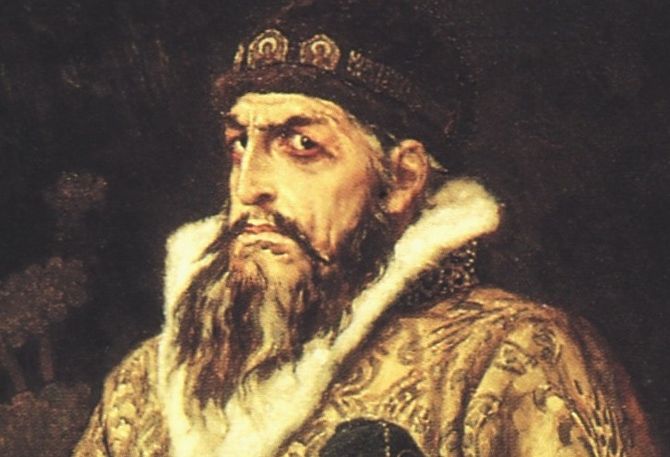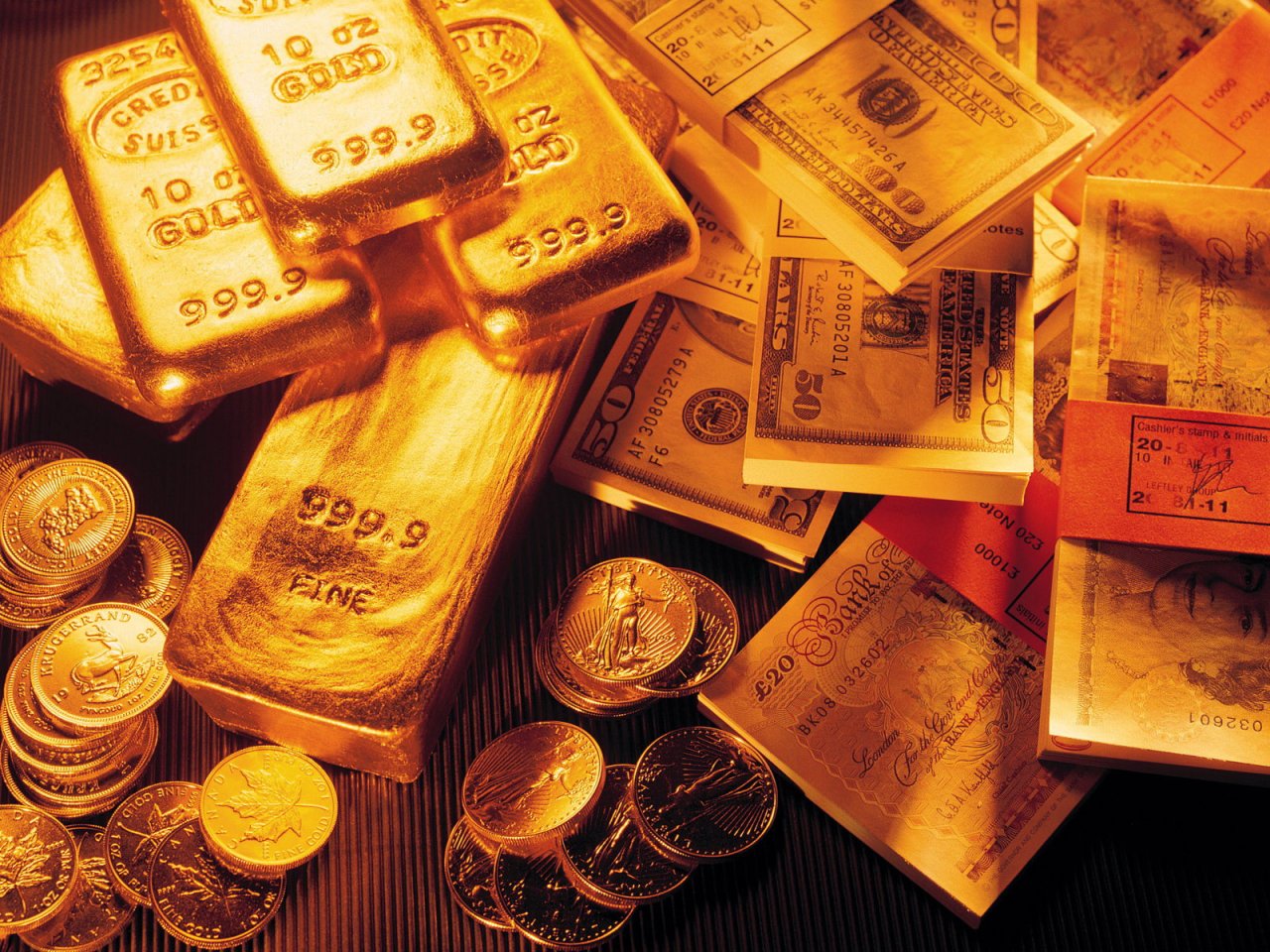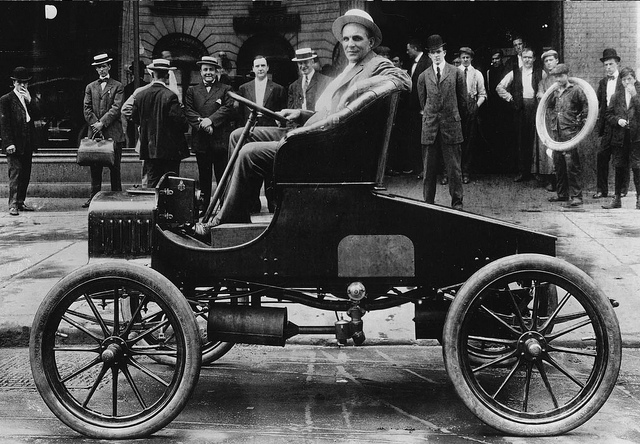10 Historical Leaders Who Financially Ruined Their Countries
4. Czar Ivan IV (the Terrible) of Muscovy
Ivan the IV (better known as Ivan the Terrible) was the Grand Prince and later the Czar of Muscovy from 1533 to 1584. He was the first Russian ruler crowned as Czar.
Although the early part of Ivan’s reign was characterized by good reforms and modernization, he later turned into a despotic and cruel tyrant.
Due to Ivan’s warmongering actions and laws restricting the mobility of the peasants, Muscovy was devastated by a combination of bad harvest, famine, military defeat, and the sea-trading blockade.
Ivan’s response to these crises was an even harsher rule and more government control. He instituted an all-powerful secret police called the Oprichniki, who could not be held accountable for their actions, and were given a free hand in executing Ivan’s real or perceived enemies.
The secret police took virtually all that the peasants possessed, forcing them to pay ten times as much in taxes as they were paying previously. This oppression resulted in peasants fleeing the country, which in turn led to a drop in the overall production. The price of grain increased tenfold.
Ivan the Terrible’s Oprichniki also raided the city of Novgorod, which was the only free trading place in all of Russia. Before it was taken over by Muscovy, Novgorod was a republic governed by an elected Prince and a council. Novgorod was a wealthy merchant city with ties to the West, and Ivan was suspicious and paranoid of its liberties. In 1570, Ivan ordered the Oprichniki to raid the city. They burned and pillaged Novgorod and the surrounding countryside, and the city would never regain its former prominence.
Ivan IV’s economic legacy was disastrous and resulted in the Time of Troubles.In an effort to raise more revenue he instituted a series of taxes. The military campaigns were responsible for the increasing government expenses. Constant wars drained the country both of men and resources. Muscovy, with its centralized tyrannical government was on the brink of ruin and stood depopulated with its fields unsown.







